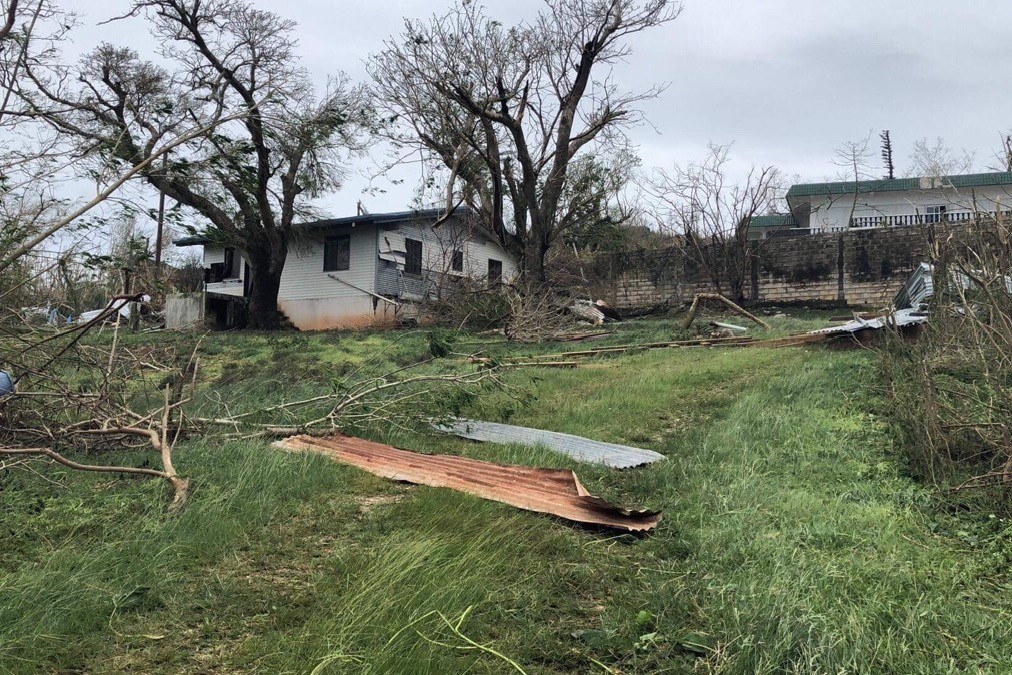Stories Matter: They Teach Us to Feel Empathy, to Walk in Another’s Shoes by Kamille Christabelle Razon.
May 01, 2021. That was the official day the Taliban successfully recaptured Afghanistan, taking back control of the government. When this news hits, it doesn’t exactly impact you, not unless you’re Muslim or have relatives that live there. We’re shielded here, protected. Bubbled away from the rest of the world. We didn’t experience the worst of COVID-19 the way thousands, maybe millions of people did when it struck their countries, their families. We didn’t experience the backlash the Asians around the world received, being put to blame for the COVID-19 virus that just so happened to have begun in their country. We never experienced the loss of 9/11, nor the discriminiation the Muslim-Americans did for a crime that wasn’t theirs. It’s easy to ignore these events – they don’t involve us. They don’t affect us. But that doesn’t mean we can pretend it never existed, because to all those other people, it did. And it’s very real to them.
Let me ask you a question – who helped us during Typhoon Yutu? Foreign relief. Service members from The Task Force brought in supplies and helped us rebuild the island, as well as relocating those who couldn’t. Several disaster aid companies sent as many relief boxes and goods as possible, hoping to help us recover quickly. If these foreign helpers hadn’t flown in to give us aid, we wouldn’t be where we are today, nor have recovered this quickly before COVID hit. They showed us empathy, kindness, even if they didn’t know us. They weren’t here to feel the devastation that Typhoon Yutu caused us, but aided us anyway. That is empathy.
We are an island that values community. The bond between family and friends, coworkers and relatives, and locals and immigrants are impassioned, and we treat everyone as if they were a close loved one. Stories matter because we must show compassion for those beyond our small circle. There are people out there, oceans away from ours, that experience things that no human being should ever have to go through. We have to acknowledge such things occur and understand them, that way we can learn how to reach out to help in the best way possible. “To walk in another’s shoes” means to empathize with others, not to pity them, but to understand what they are going through, validate their emotions, and figure out how to help them. We have been shown empathy time and time again from others outside of our island bubble – and in the near future, there will come a time where we will do the same.

